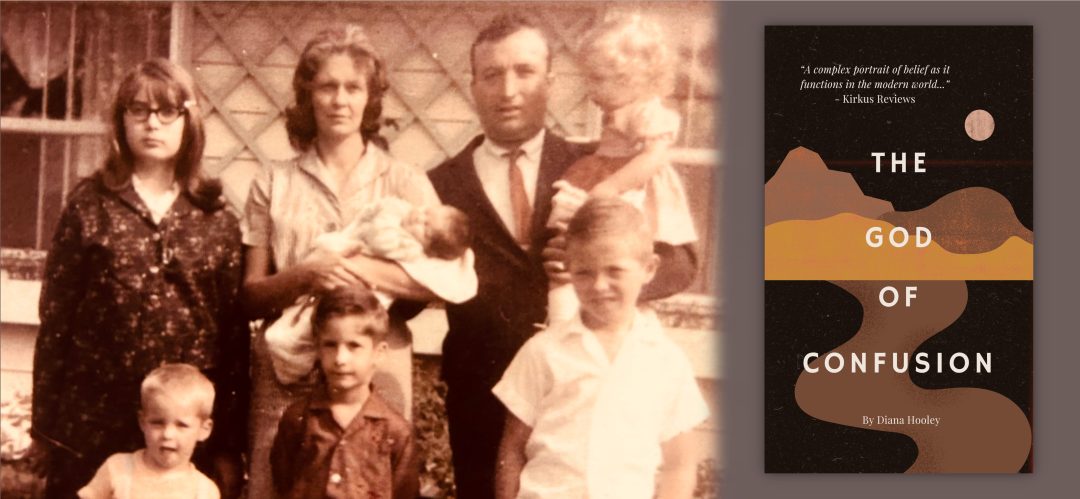Transitioning From One Worldview to Another
A twelve-year-old girl grows up in a poor, working class family in the late 1960’s. Her brother, two years younger than her, tragically and inexplicably dies in the YMCA pool. Her alcoholic father spins out of control, and she’s stalked by a pedophile, the step-father of her best friend.
In the midst of this trauma and chaos, she turns to God for help. She withdraws into the security and certainty of religious faith. As she grows though, the protective shell of her beliefs begins to show cracks. The world is tapping at the shell, tapping with new friends, new ideas, and adventure. She’s tempted—but torn. How can she abandon the faith that saved her? How will she live, how will she be safe from the horrors that await her in the outside world?
“…[The God of Confusion] offers a complex portrait of belief as it functions in the modern world, one in which every occurrence seems to muddy rather than confirm any particular ideology. Readers of all stripes and levels of faith will likely find something of themselves here. A heartfelt memoir about transitioning from one worldview to another…”
– Kirkus Reviews
